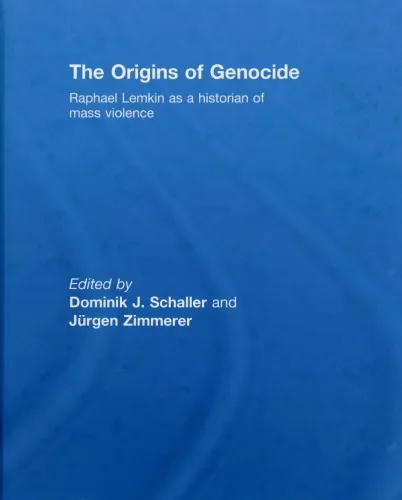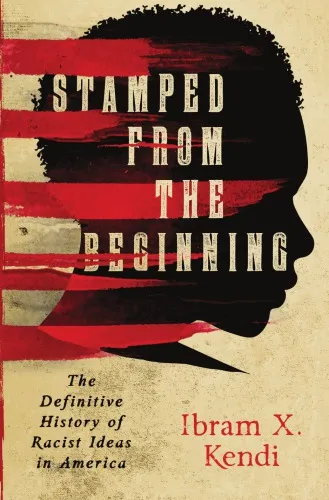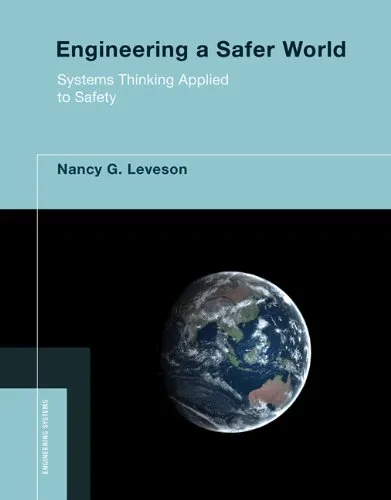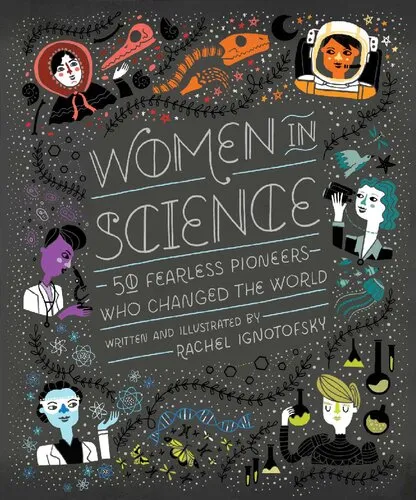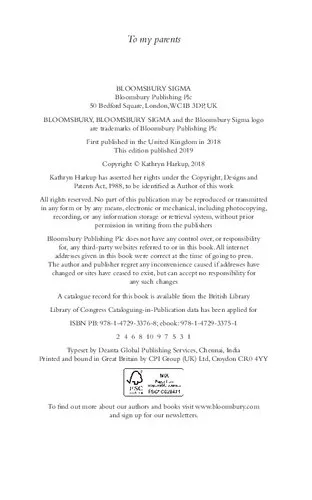The Origins of Genocide: Raphael Lemkin as a historian of mass violence
4.3
Reviews from our users

You Can Ask your questions from this book's AI after Login
Each download or ask from book AI costs 2 points. To earn more free points, please visit the Points Guide Page and complete some valuable actions.Related Refrences:
Introduction
The Origins of Genocide: Raphael Lemkin as a Historian of Mass Violence
The book scrutinizes the historical works and legacy of Raphael Lemkin, a pioneer in the study of genocide whose contributions have shaped contemporary understanding of mass violence. Dominik J. Schaller and Jürgen Zimmerer delve into Lemkin's theories, exploring the frameworks he devised to confront the brutal realities of genocide.
A Detailed Summary of the Book
Lemkin, born in 1900, was a Polish-Jewish lawyer who narrowly escaped the Holocaust. He dedicated his life to understanding and preventing the atrocity of genocide, a term he coined in 1944. This book provides an in-depth analysis of Lemkin’s methodologies in documenting and defining genocide as a specific crime against humanity. It highlights his relentless advocacy for recognizing and punishing genocide under international law.
Schaller and Zimmerer skillfully navigate through Lemkin's extensive writings, providing insights into his intricate ideas and the historical contexts that influenced his pioneering work. By examining Lemkin's studies on historical events, such as the Armenian Genocide and the Holocaust, the authors present an authoritative narrative that underscores the evolution of Lemkin's thoughts and their impact on global legal discourse.
Key Takeaways
- The coining of the term "genocide" was a pivotal moment in modern history, spotlighting the need for a legal framework to address mass atrocities.
- Lemkin's work was instrumental in the establishment of the Genocide Convention of 1948, which continues to influence international human rights law.
- Understanding the origins and definitions of genocide is vital for preventing future atrocities and ensuring justice for victims and survivors.
- The book emphasizes the importance of historical context in analyzing genocidal acts and the necessity of interdisciplinary approaches in genocide studies.
Famous Quotes from the Book
“Genocide is not only a crime against humanity but a deep rupture in the moral fabric of society.”
“Studying Lemkin’s life and legacy offers a mirror through which society can view its darkest impulses and the persistent necessity of legal and moral vigilance.”
Why This Book Matters
Through their meticulous research and analysis, Schaller and Zimmerer bring to light the crucial role Raphael Lemkin played in the development of genocide studies and international humanitarian law. This work not only honors Lemkin’s enduring legacy but also serves as a critical resource for scholars, legal experts, and policymakers. The book’s exploration of the origins and definitions of genocide provides essential knowledge for anyone striving to comprehend and combat this gravest of human rights violations.
Importantly, the book serves as a reminder that the fight against mass violence is ongoing. Understanding Lemkin's contributions offers pathways for modern approaches to prevention and justice, reinforcing the idea that vigilance and commitment are key in ensuring that history does not repeat itself.
Free Direct Download
You Can Download this book after Login
Accessing books through legal platforms and public libraries not only supports the rights of authors and publishers but also contributes to the sustainability of reading culture. Before downloading, please take a moment to consider these options.
Find this book on other platforms:
WorldCat helps you find books in libraries worldwide.
See ratings, reviews, and discussions on Goodreads.
Find and buy rare or used books on AbeBooks.
1501
بازدید4.3
امتیاز0
نظر98%
رضایتReviews:
4.3
Based on 0 users review
Questions & Answers
Ask questions about this book or help others by answering
No questions yet. Be the first to ask!
